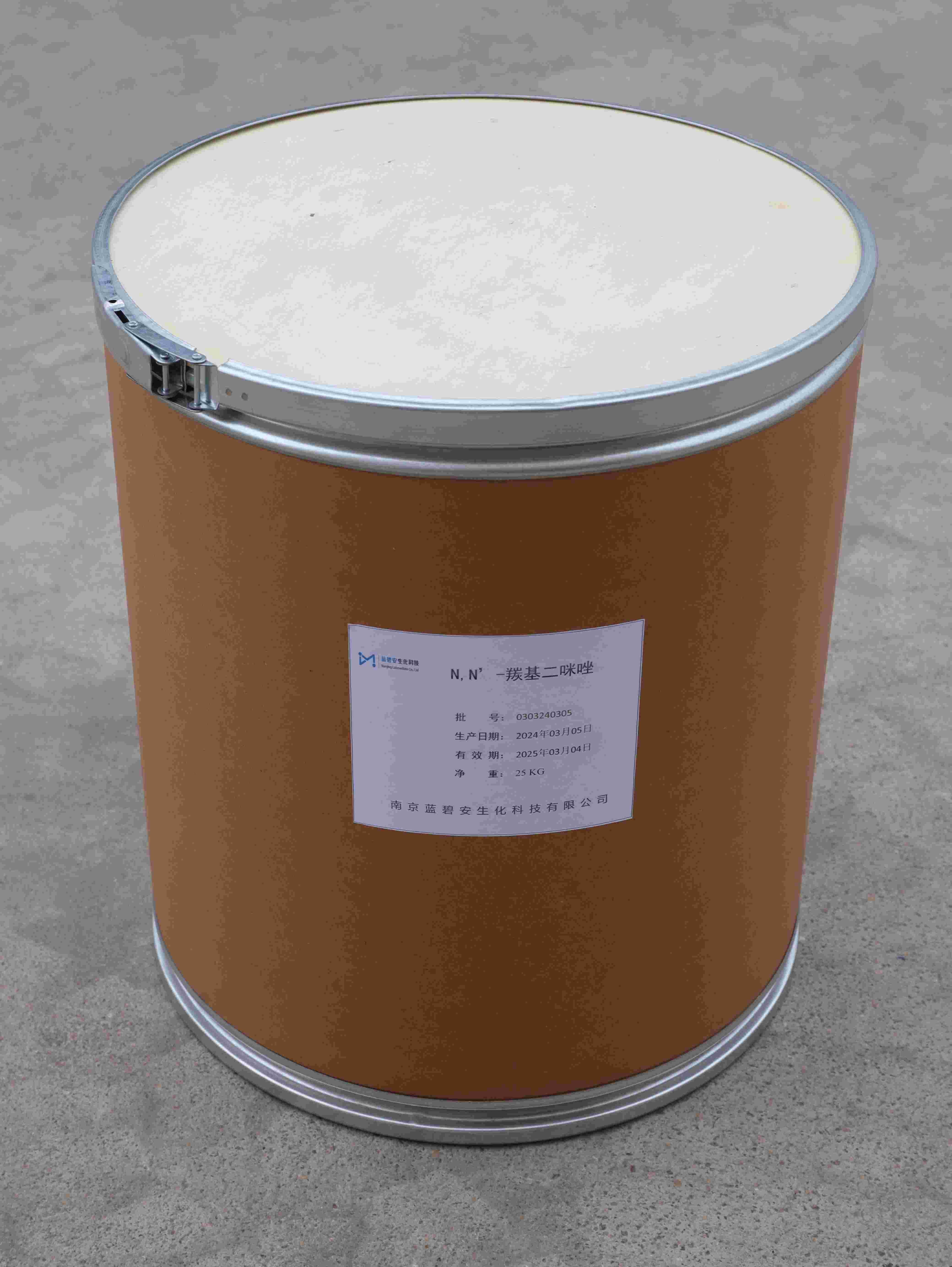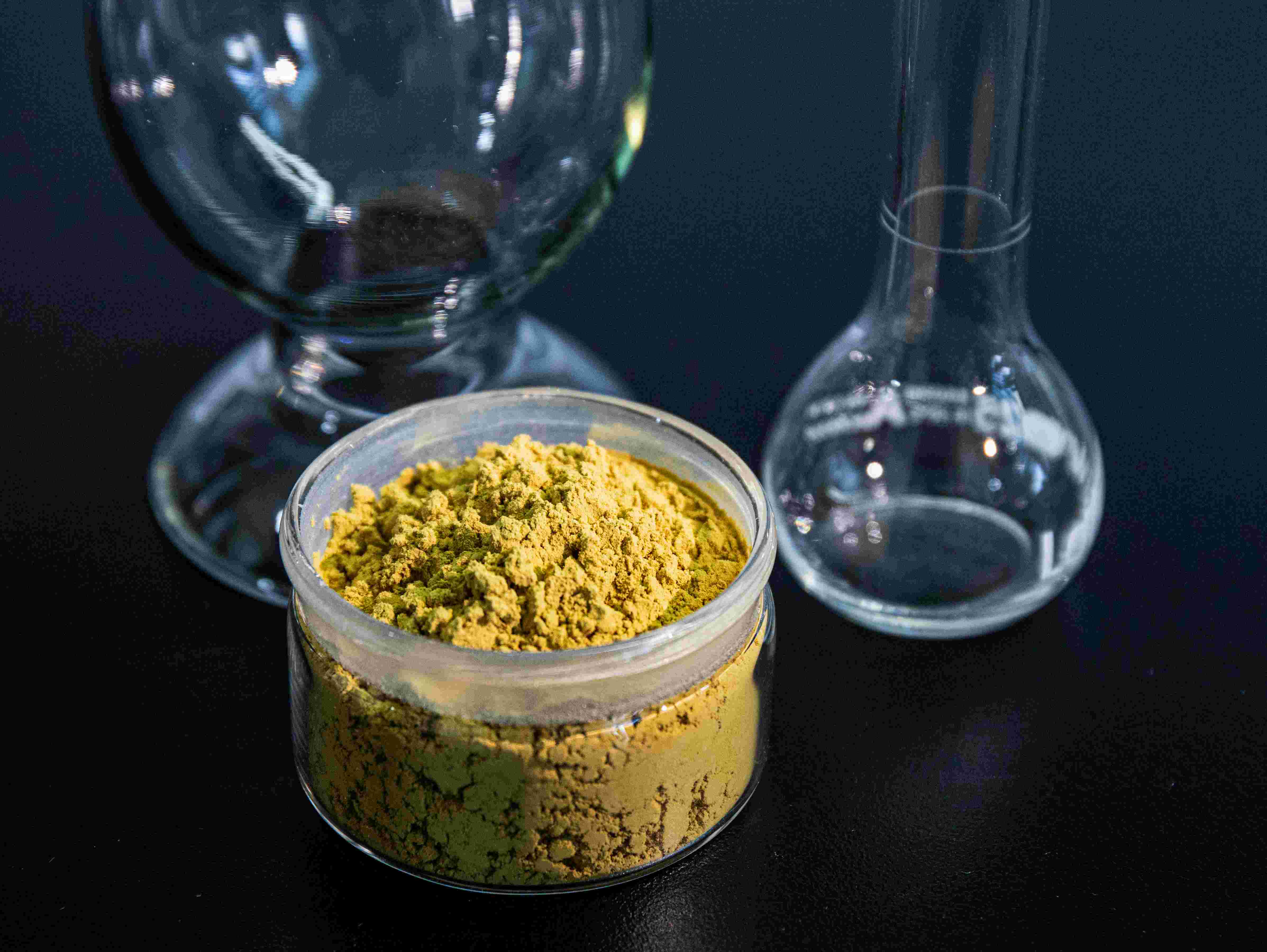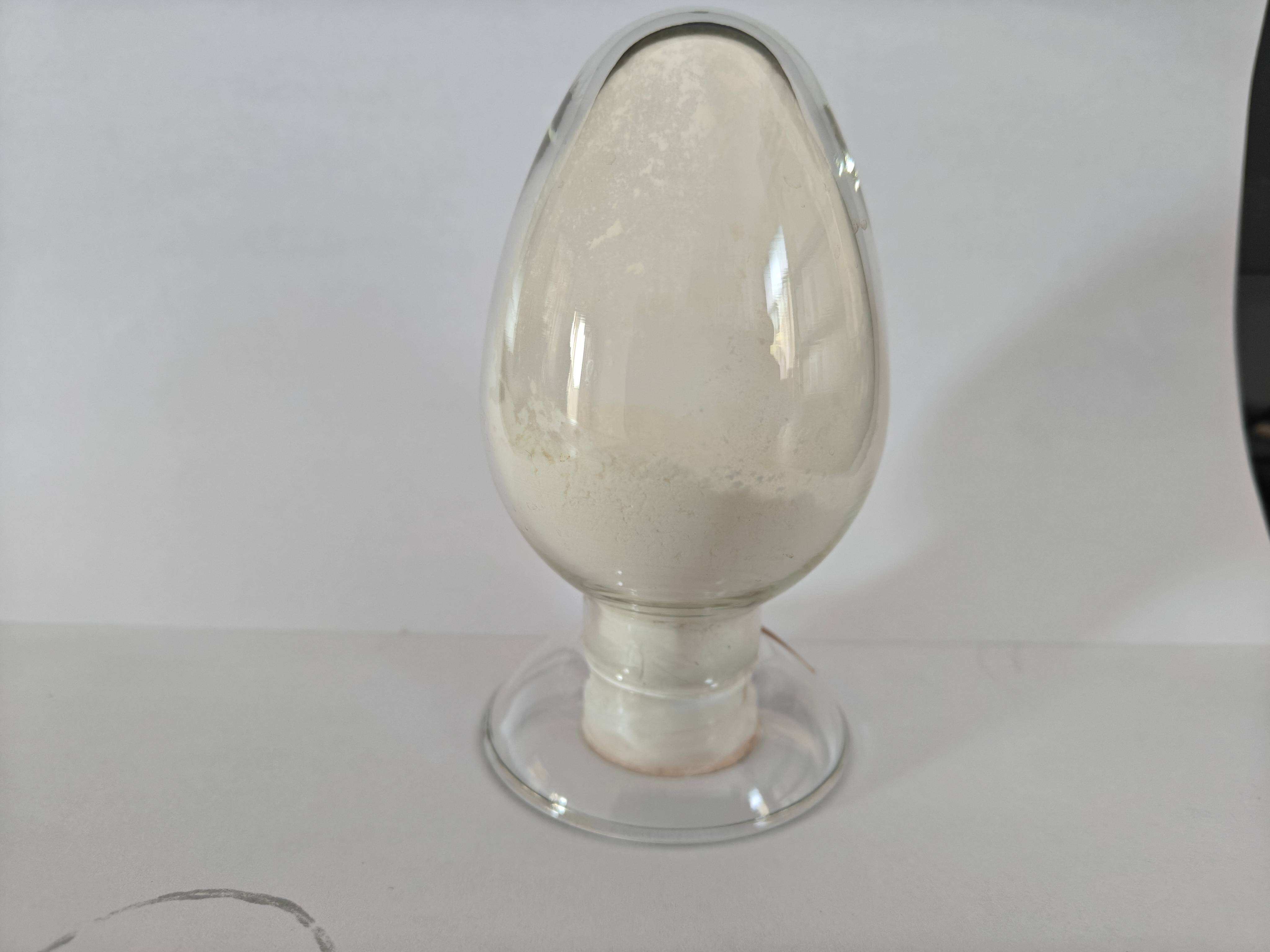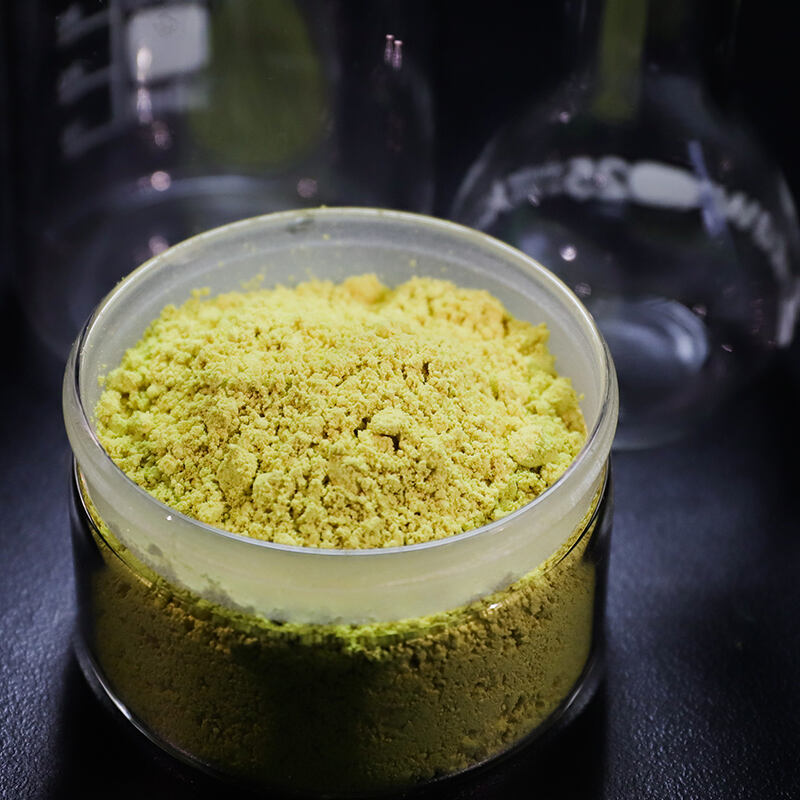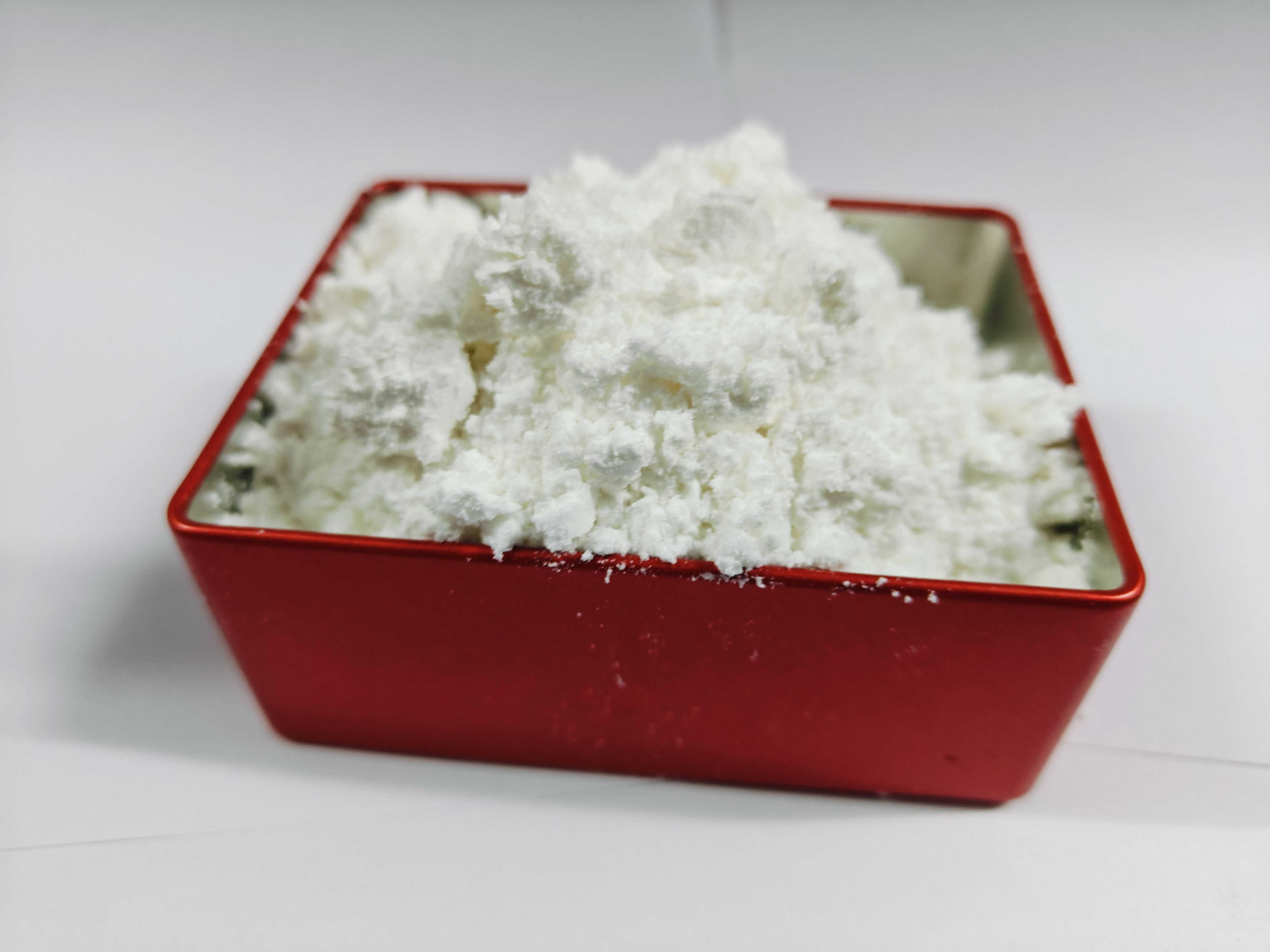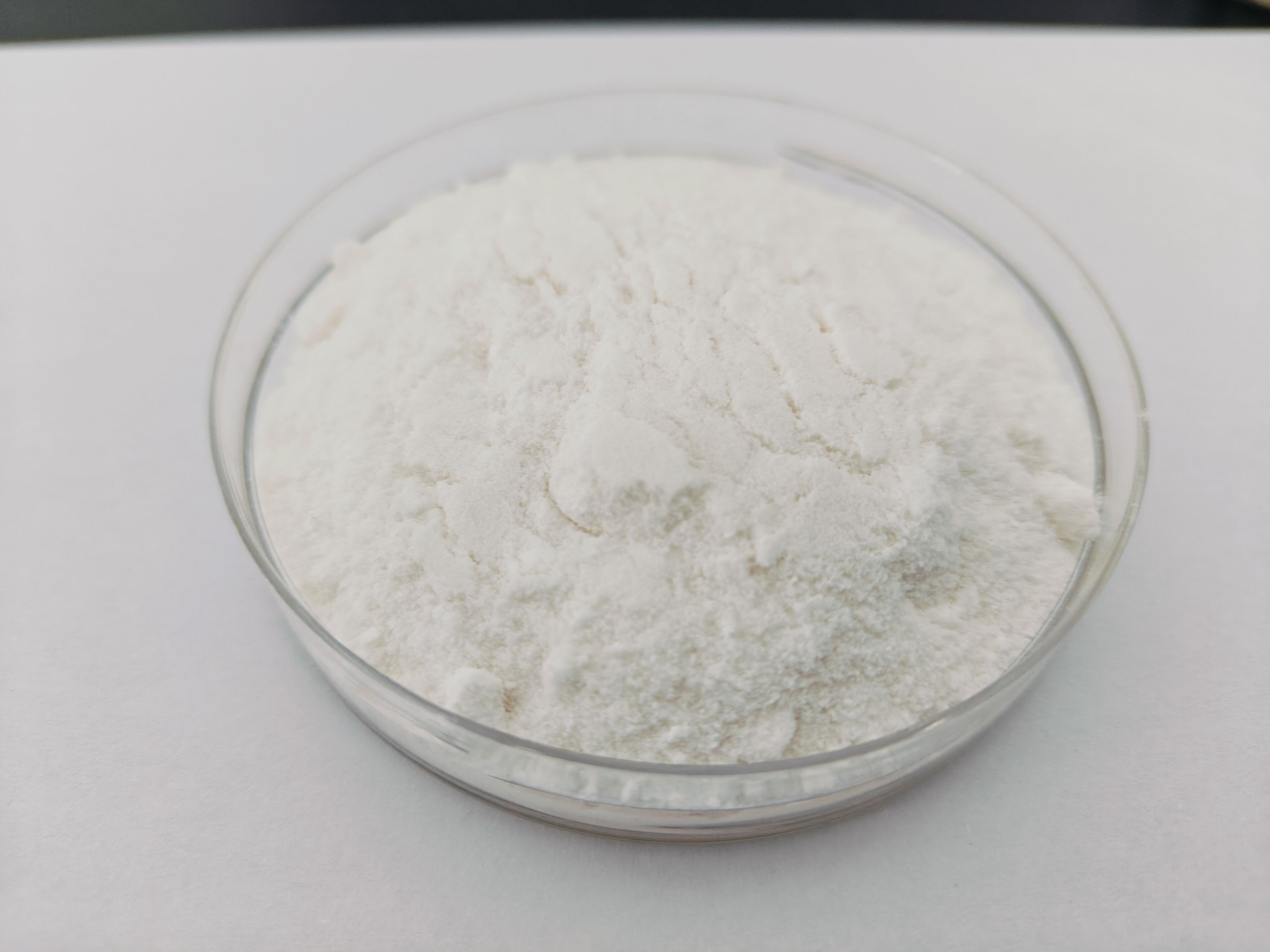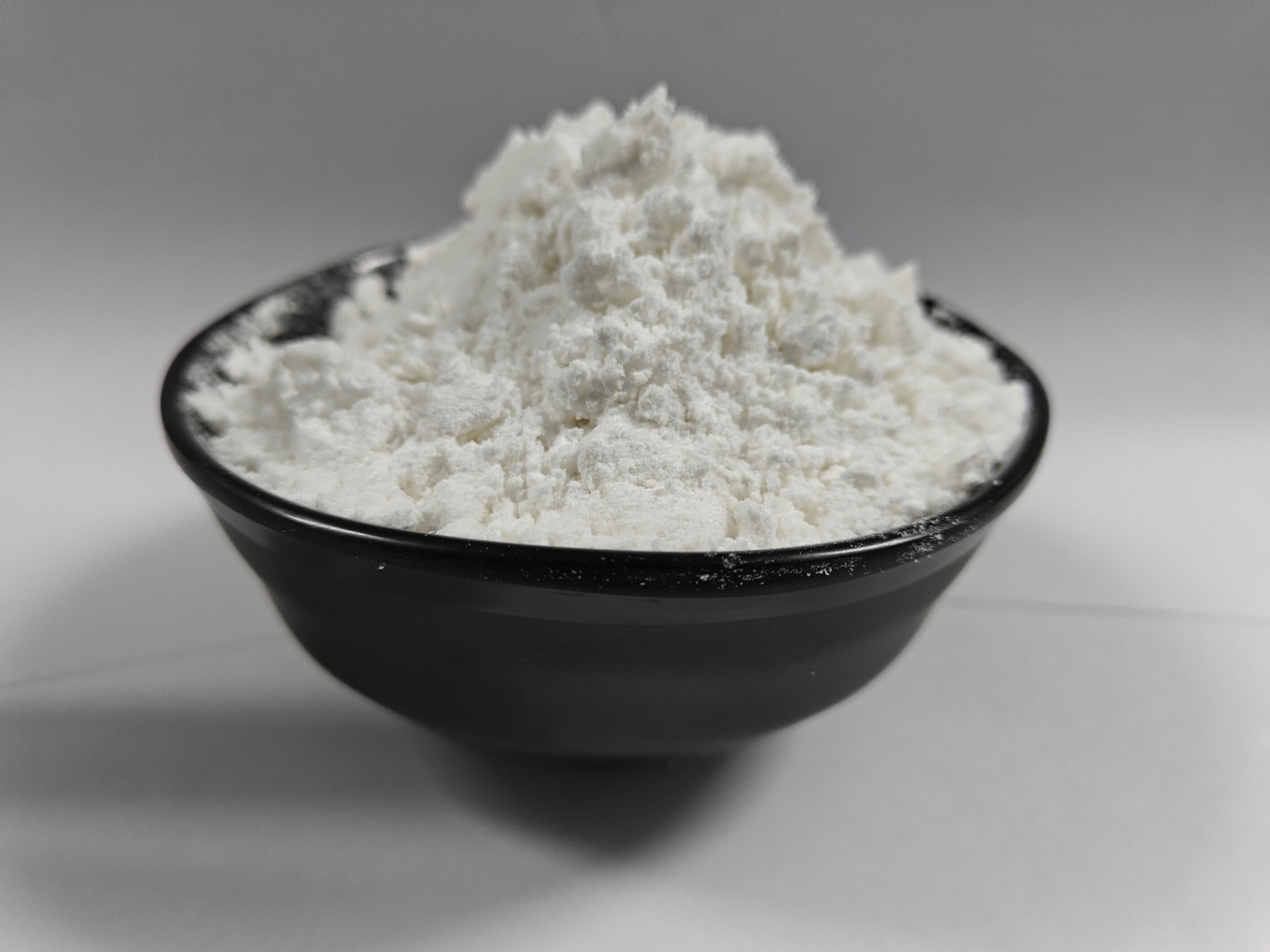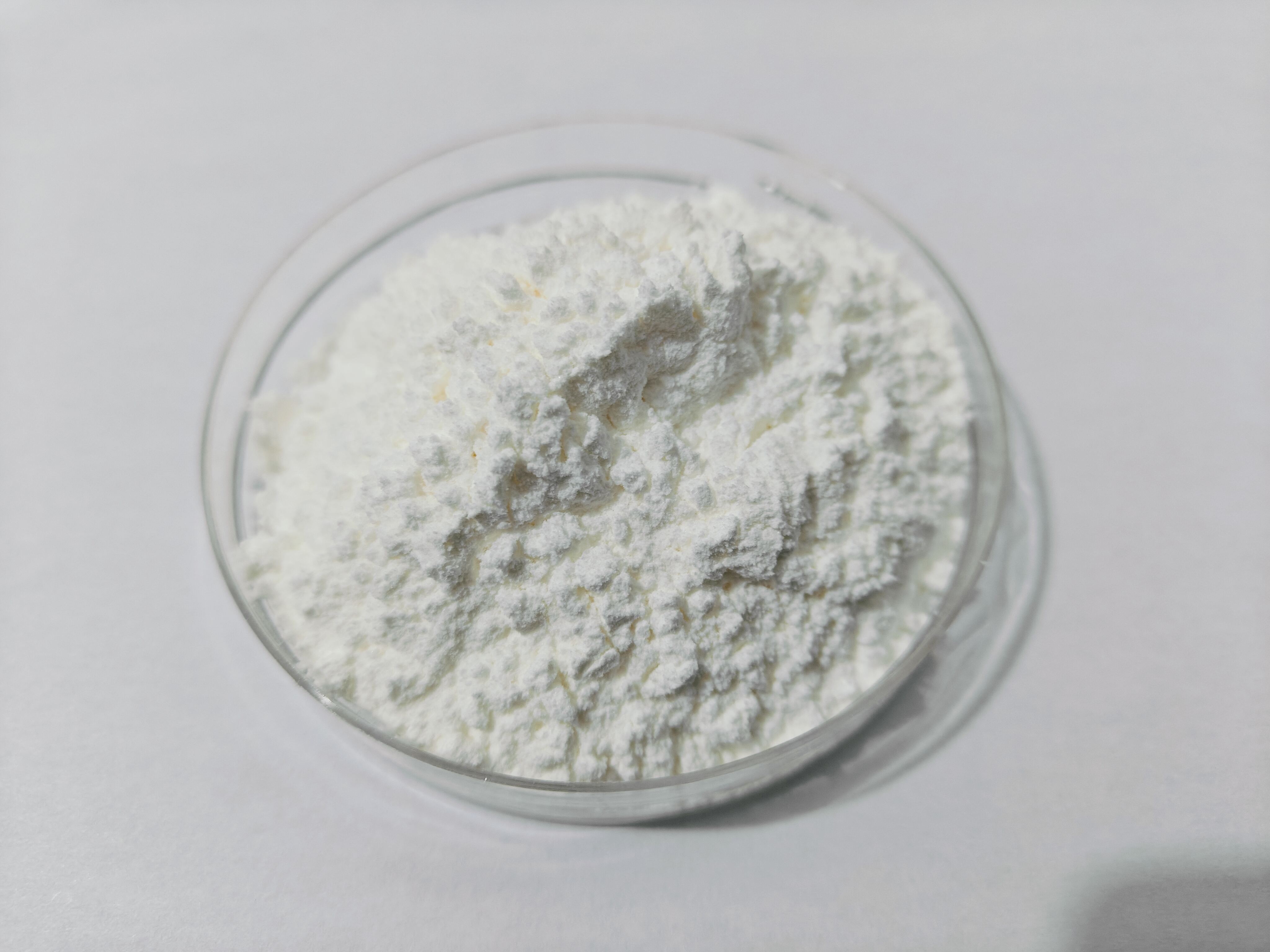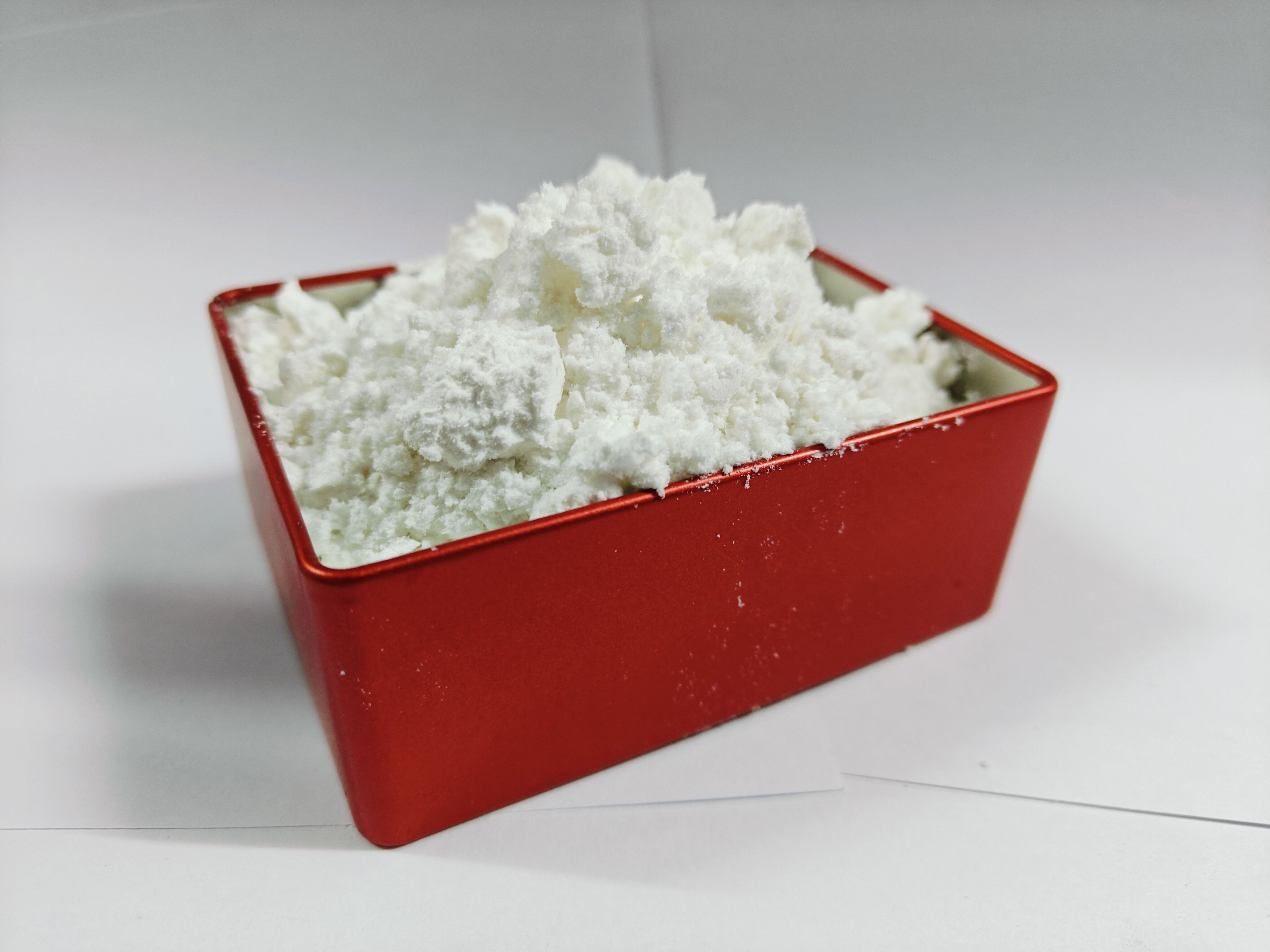epoxy moulding compound
Epoxy moulding compound (EMC) is a specialized thermoset material engineered for electronic packaging and semiconductor encapsulation. This versatile compound combines epoxy resin, hardener, and various fillers to create a protective barrier that safeguards electronic components from environmental factors, mechanical stress, and thermal fluctuations. The compound undergoes a chemical curing process when exposed to heat and pressure, forming a rigid, durable encapsulation that effectively seals and protects the underlying components. EMC's exceptional properties include low moisture absorption, excellent thermal stability, superior adhesion to various substrates, and outstanding electrical insulation characteristics. In modern electronics manufacturing, EMC plays a crucial role in protecting integrated circuits, transistors, diodes, and other semiconductor devices. The compound's ability to withstand high temperatures during processing and operation, coupled with its dimensional stability and resistance to chemical exposure, makes it an indispensable material in the electronics industry. Furthermore, EMC's versatility allows manufacturers to customize formulations for specific applications, adjusting properties such as flow characteristics, cure speed, and thermal conductivity to meet diverse requirements in different electronic packaging scenarios.

